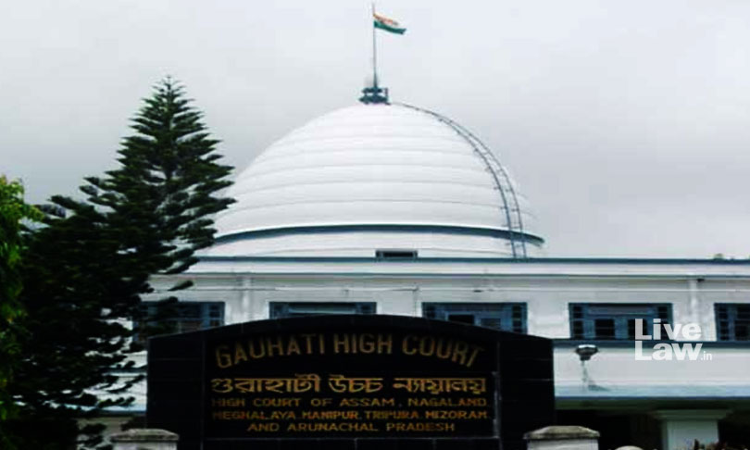Ad Hoc Service Counts For Seniority When Properly Regularized; Gauhati HC
Pranav Kumar
28 Oct 2024 8:30 AM IST

Next Story
28 Oct 2024 8:30 AM IST
Gauhati High Court: A Division Bench of Justice Kalyan Rai Surana and Justice Mridul Kumar Kalita dismissed a writ appeal challenging the seniority claim of a school principal appointed initially on an ad hoc basis. The Court ruled that when ad hoc appointments are regularized following due selection processes, seniority must be counted from the initial appointment date. The Court...
